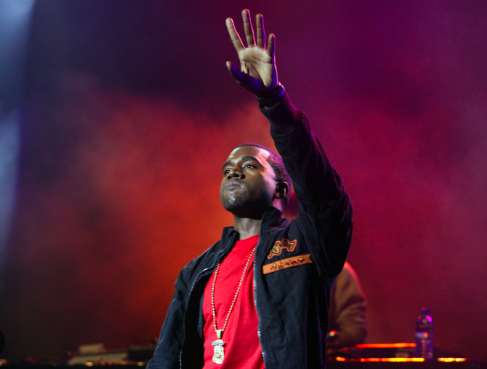Since the late 2010s, in our now more “accepting society,” the idea of “cancel culture” has become prominent in the media. Cancel culture can be described as a massive withdrawal of support for a public figure or celebrity who has done something that isn’t socially tolerable. In other words, a celebrity insider has suddenly become “problematic” and in the process has become an outsider.
A recent case of this has been that of Kanye West. According to CNN, West started to face an enormous backlash after his recent tweets laden with and rooted in anti-semitism. He has been reported to have lost over $1 billion in brand deals with companies like Adidas Balenciaga and GAP. West has now been dropped from his record label concerning the comments he had openly posted on various social media platforms.
So the question is why do people continue to support an artist who, time and time again, has shown to be a racist, anti-semitic and outright distasteful person.
Can we, and should we, separate the art from the artist? It’s an old debate. West, in particular, is a celebrity some would say is widely known in recent years for making out-of-pocket comments about various people’s ethnic and racial backgrounds to gain attention and to provoke. In 2018, Kanye West told TMZ that slavery for 400 years was a choice. Digest that slowly: Millions of people just “let” themselves get beaten and voluntarily got onto ships ripping them from their families and just so happened to have worked on the fields until they couldn’t move their hands. It is only with sarcasm that one can say it was a choice. For others, Kanye’s remarks are part of a clinical disorder.
Kanye, in my opinion, is a grown man who types with children’s fingers because the unthoughtful and inconsiderate opinions he feels he is so entitled to share on the internet are only ones a child with undeveloped thoughts would have.
In retrospect, keeping cancel culture in mind, separating the art from the artist depends on the severity of what they have done that is deemed problematic in our eyes. Many could say they wouldn’t listen to Micheal Jackson’s music after it became clear that he molested young boys. Or buy the music of R. Kelly, who raped, molested and indoctrinated hundreds of women and girls over decades. It very much depends on how we view the cases, as individuals, and if we believe what they have done is either wholly wrong or partially wrong, and if the art is too good not to dance to it and not to sing it. At the end of the day, by supporting the art, we are also supporting the artist and what they have done. And that’s the danger.






